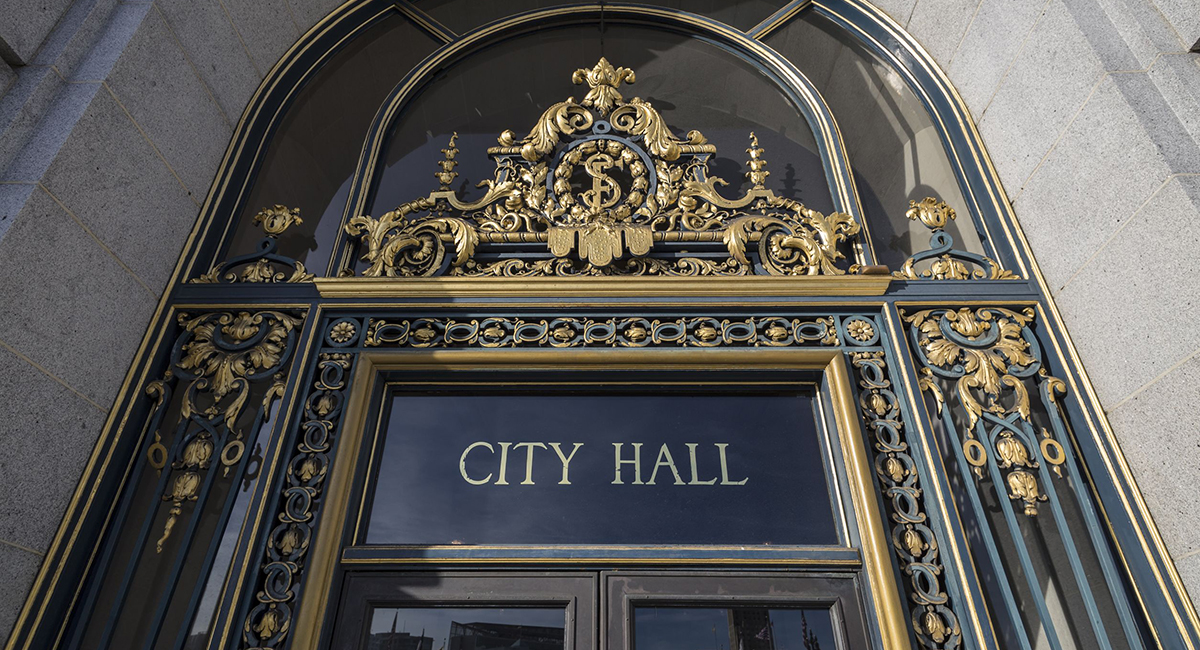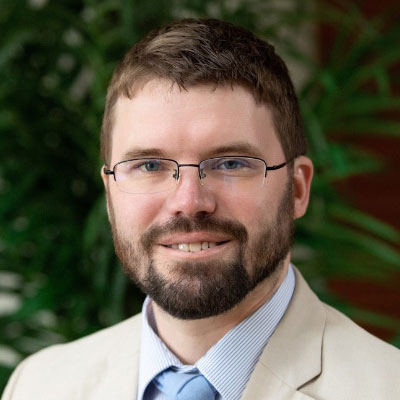In March, San Franciscans will vote on Proposition D, an anticorruption ballot measure to tighten city rules regarding gifts to public employees. The proposed law follows a massive scandal in which private contractors and real-estate developers bribed government officials to obtain contracts and construction permits.
We should not be surprised that developers resort to illicit means of acquiring permits: San Francisco has virtually criminalized construction by making it nigh impossible to obtain them.
It is insanely difficult to obtain a construction permit in San Francisco, due to the city’s unique practices of subjecting every permit to discretionary review and inviting challenges from citizens after permits have been granted. The cost of these bureaucratic hurdles is colossal. Not only do permit fees add considerable expense to a project, but the review process can drag on for years, usually while developers are servicing interest-bearing loans.
San Francisco’s draconian permitting policies therefore directly fuel the widespread corruption plaguing the city, which Prop. D advocates hope to eliminate by making it even more illegal to bribe public officials. Among other provisions, the ballot measure would prohibit public officials from accepting gifts both from permit applicants and from permit “expeditors”—consultants whom applicants hire to navigate San Francisco’s Byzantine permitting process.
But Prop. D does nothing to address the other consequence of virtually criminalizing construction. The severe housing shortage has made San Francisco among the most expensive cities in the country to live in. The state has mandated the city to approve 82,000 housing units by 2031, yet the Planning Department issued fewer residential permits in 2023 than in any year since 2010.
By strictly limiting construction, the city essentially provides a government-protected oligopoly to the happy few who are actually able to obtain the necessary permissions. This means that while permitting costs can be high, the rewards can be even greater, at least for those who are able to survive the bureaucratic filtering process. But such incentives make it unlikely that Prop. D will successfully prevent corruption—the profit potential rises in tandem with the risk.
Here, then, is the primary source of corruption in City Hall: the city virtually criminalizes construction for the majority of developers by imposing extortionary compliance costs, which artificially raises the value of permits and invites graft. It should be unsurprising that honest developers are increasingly opting to do business elsewhere, leaving the market for new developments to their more unscrupulous counterparts.
Assuming Prop. D would even be successful—which seems naive—it would only make it more difficult for developers to build anything in the city. Asking citizens to choose between bureaucratic corruption and housing construction sounds like a scenario we might expect to find in a dystopian novel, but it has no place in well-governed cities.
If San Francisco truly wishes to prevent corruption, it needs to attack the root of the problem by decriminalizing construction. This means replacing absurd discretionary permit review with simple, transparent, and expeditious by-right permitting—as long as applicants comply with the city’s regulatory code, local officials should have no authority to deny a permit. Builders should not be forced to beg and bribe for permission to build, especially in a city that desperately needs more housing.








